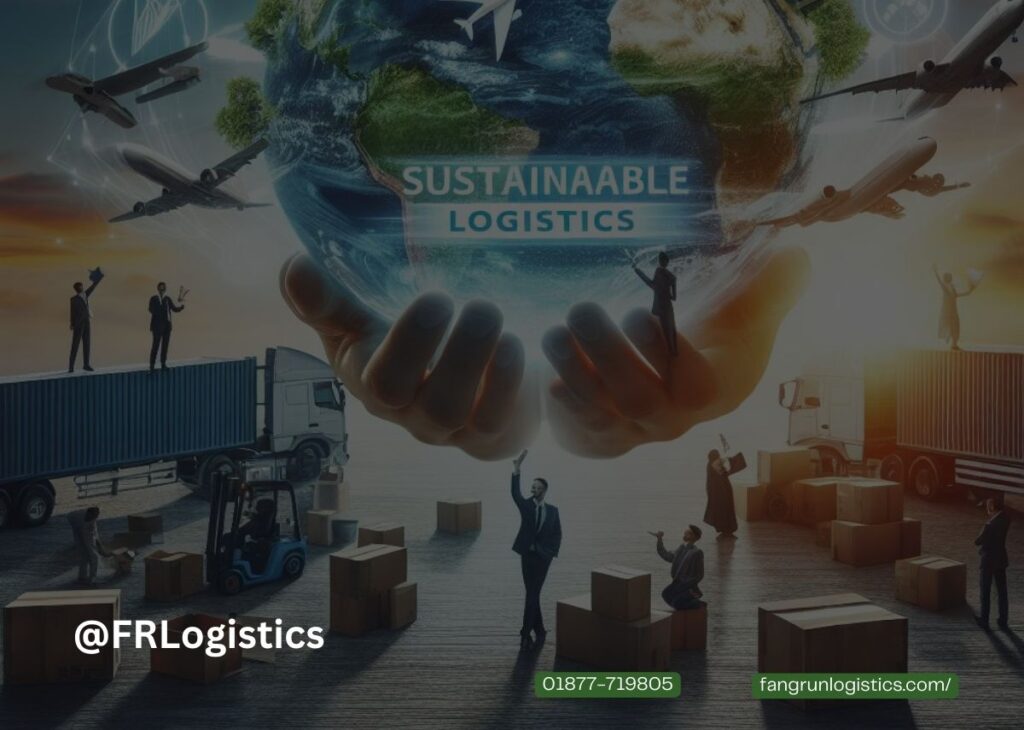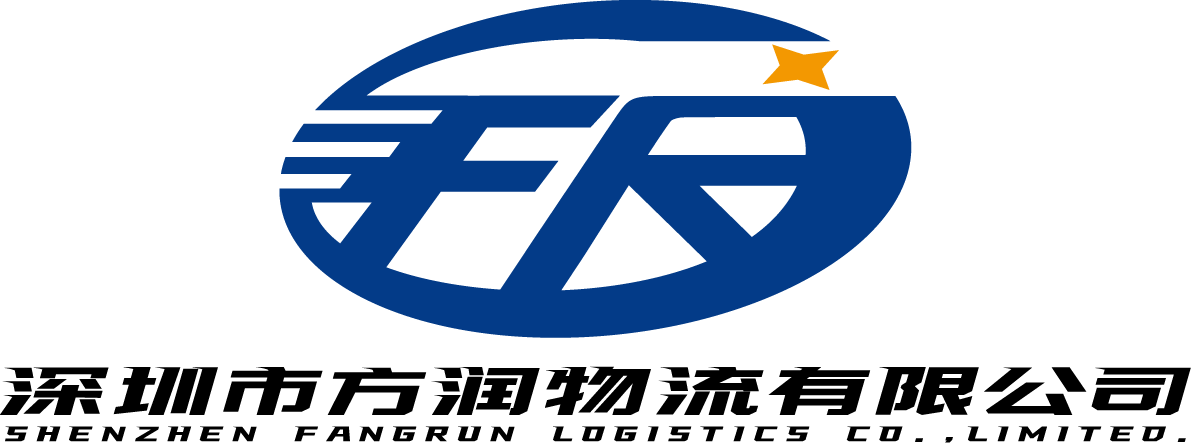Overview of supply chain management
In the present steadily advancing business scene, accomplishing maintainable development goes past simple benefits. It involves a holistic approach that takes into account the environmental and social impacts of conducting business operations. One crucial aspect of this is the best sustainable supply chain management.
By integrating sustainability principles into the entire supply chain, companies can minimize their carbon footprint, reduce waste, and promote ethical practices while maintaining operational efficiency.
In the dynamic landscape of modern commerce, businesses are embracing the paradigm shift towards sustainable practices, and at the forefront of this change is FR Logistics.
As an industry leader, we understand the significance of Best sustainable supply chain management in not just shaping businesses, but also in safeguarding our planet for future generations.
In this exploration of the best sustainable supply chain management practices, we delve deep into the strategies that define FR Logistics’ commitment to sustainable excellence.
Understanding Supply Chain Sustainability
Sustainable supply chain practices encompass a comprehensive framework of strategies aimed at minimizing negative environmental and social impacts throughout the supply chain lifecycle.
Read more about Security Measures in Air Freight
This involves making conscious choices in sourcing raw materials, designing and manufacturing products, optimizing transportation and distribution networks, and ensuring ethical labor practices.
By prioritizing supply chain sustainability, businesses can create a positive impact while meeting customer demands for eco-friendly products and services.
Key Principles of Sustainable Supply Chain Management
To achieve the best sustainable supply chain management, businesses should adopt a set of core principles that guide their decision-making processes. These principles include:
Environmental Stewardship: Integrating eco-friendly practices, such as reducing greenhouse gas emissions, conserving energy and water, and minimizing waste generation.
Social Responsibility: Ensuring fair labor practices, safeguarding worker rights and health, and promoting diversity and inclusion within the supply chain.
Economic Viability: Balancing sustainability efforts with maintaining profitability, fostering long-term growth, and creating value for all stakeholders involved.
Read more about sustainable supply chain
Leading Sustainable Logistics Companies: Some companies have emerged as leaders in sustainable logistics and can serve as role models for others in the industry. One such company is FR Logistics, which has implemented innovative practices to reduce emissions and optimize transportation routes.
Projects in Supply Chain Management: Numerous projects have demonstrated ground-breaking achievements in sustainable supply chain management. For instance, the Green Packaging Initiative by Company FR Logistics aims to reduce plastic waste by implementing biodegradable packaging materials and encouraging recycling.
Such initiatives highlight the potential for positive change when businesses prioritize sustainability in their logistics and supply chain management.
Top Sustainable Supply Chain Companies: Leading the way in Best Sustainable Supply Chain Management, several companies have made tremendous strides in integrating sustainability into their core operations. One such company is GreenCo, recognized for its commitment to responsible sourcing, efficient logistics, and carbon neutrality.
Another standout is EcoTech Manufacturing, which has successfully implemented closed-loop production systems to minimize waste and resource consumption.
Best Practices in Supply Chain Management: To achieve the best sustainable supply chain management practices, businesses can adopt several strategies:
Collaboration and Transparency: Foster collaboration among suppliers, distributors, and other partners to share information, align goals, and drive sustainability initiatives together.
Lean Manufacturing: Implement lean principles to reduce waste, increase efficiency, and optimize resource utilization throughout supplier chain management.
Reverse Logistics: Develop effective processes for product returns, recycling, and disposal, minimizing waste and maximizing the value of returned goods.
Ethical Sourcing: Ensure suppliers adhere to social and environmental standards, promoting fair labor practices and responsible sourcing of raw materials.
Our key rules for Best Sustainable Supply Chain Management
Ethical Sourcing: We meticulously vet our suppliers, ensuring they align with our sustainability ethos. By choosing partners who share our values, we create a supply chain logistics rooted in integrity and fairness.
Eco-conscious Transportation: Our fleet of vehicles is at the forefront of green technology. From electric vehicles to efficient route planning, we minimize emissions, demonstrating our commitment to cleaner air and a healthier planet.
Innovation and Technology: Embracing the latest innovations in logistics technology, we optimize our operations. This not only enhances efficiency but also reduces resource consumption, making our supply chain logistics management smarter and greener.

Your Trusted Partner in Sustainable Supply Chain Management
Partnering with FR Logistics means embracing a future where sustainability is not just a choice but a fundamental aspect of your supply chain in Bangladesh. Our dedicated team ensures your goods reach their destination efficiently, ethically, and sustainably, reflecting positively on your brand.
Best sustainable supply chain management practices enable businesses to create a positive environmental and social impact while maintaining operational efficiency. By adopting supply chain sustainability principles, optimizing logistics, and collaborating with like-minded partners.
Supply chain best practices companies can achieve long-term success in a world where sustainability is key. Embracing these practices not only benefits the planet but also enhances brand reputation, attracts environmentally conscious customers, and builds a resilient and future-proof business.
FR Logistics stands tall as a beacon of excellence. Through our unwavering commitment to sustainable practices, innovative projects, and ethical partnerships, we’re not just redefining logistics; we’re shaping a future where businesses and the environment thrive harmoniously.
FAQ
Q1. What is Sustainable Supply Chain Management (SSCM)?
A1. Sustainable Supply Chain Management refers to the integration of environmentally and socially responsible practices into the logistics and supply chain management processes. It aims to optimize efficiency, reduce environmental impact, and ensure ethical treatment of workers throughout the entire supply chain.
Q2. How does Sustainable Supply Chain differ from Traditional Supply Chain Management?
A2. Traditional supply chain management primarily focuses on cost efficiency and timely delivery. Sustainable Supply Chain Management, on the other hand, extends its scope to include environmental and social factors, promoting responsible practices, and ensuring long-term resilience.
Q3. What are the Key Components of Sustainable Supply Chain Management?
A3. Sustainable Supply Chain Management incorporates several key components, including supplier chain management, logistics and supply chain management, and supply chain logistics management. These components collectively contribute to creating an environmentally and socially responsible supply chain.
Q4. How Can Sustainable Logistics Companies Contribute to Supply Chain Sustainability?
A4. Sustainable logistics companies focus on eco-friendly transportation, reduced carbon emissions, and ethical practices in their operations. By incorporating such companies into the supply chain, overall sustainability is enhanced.








